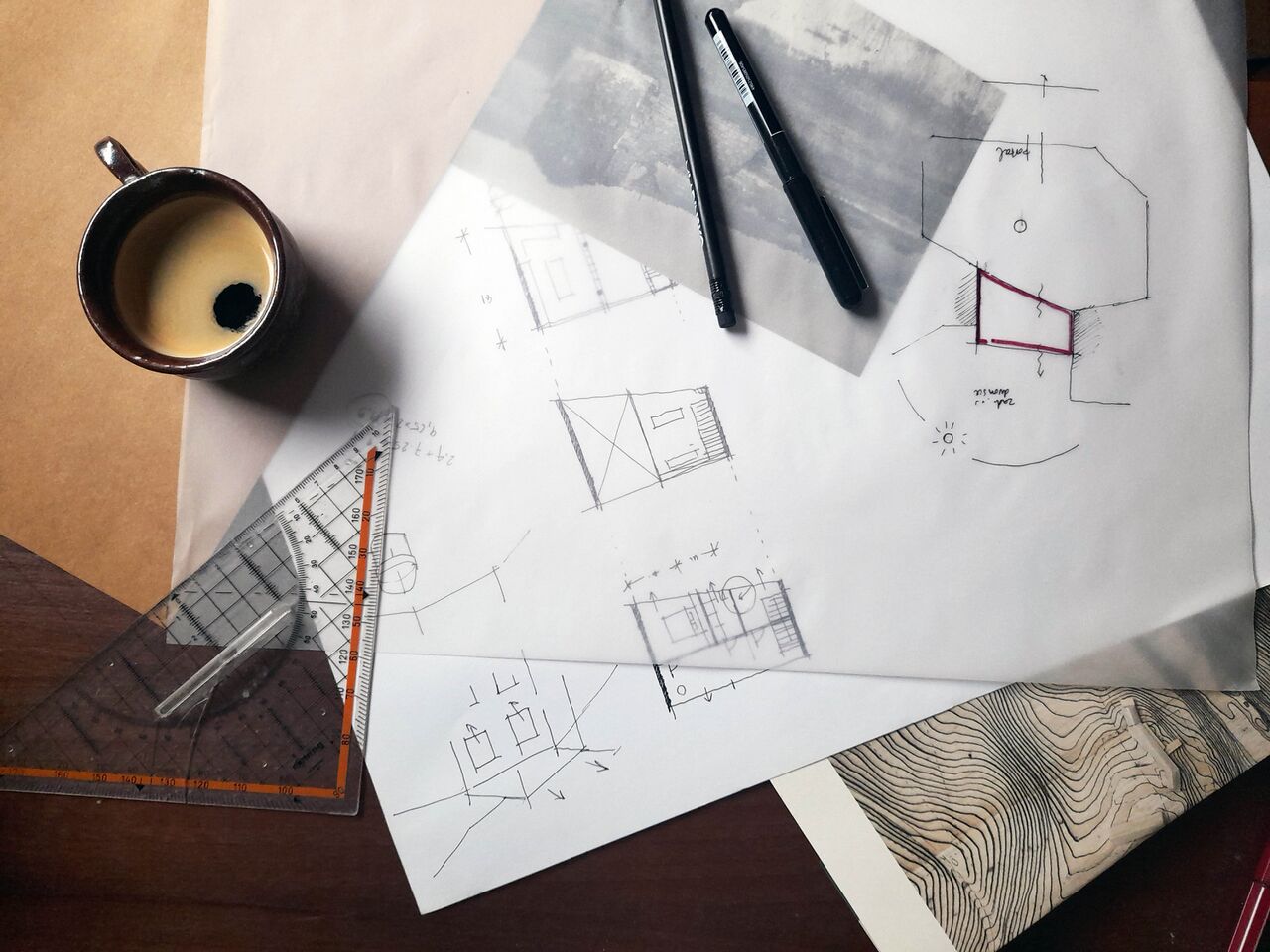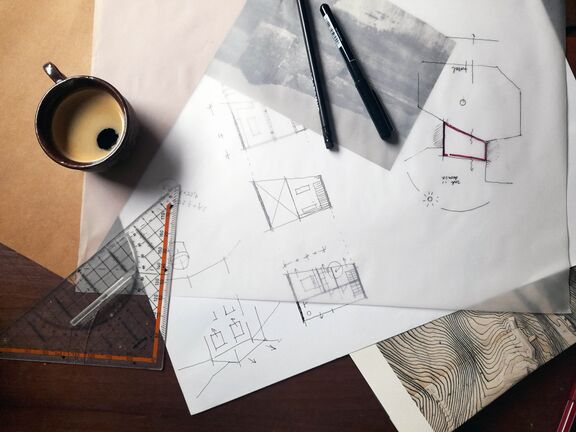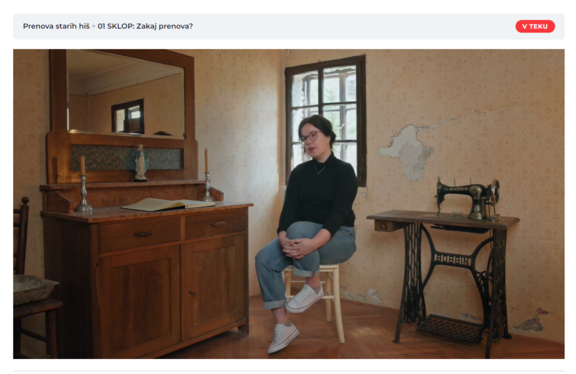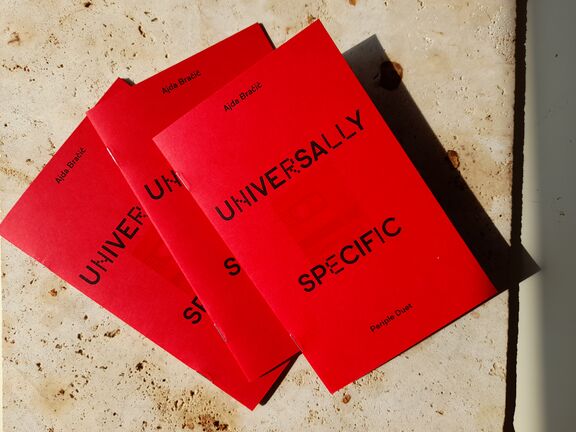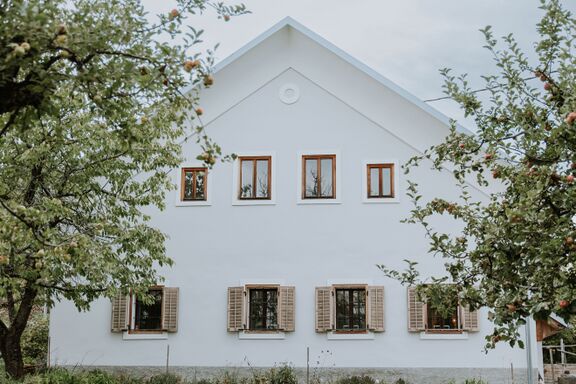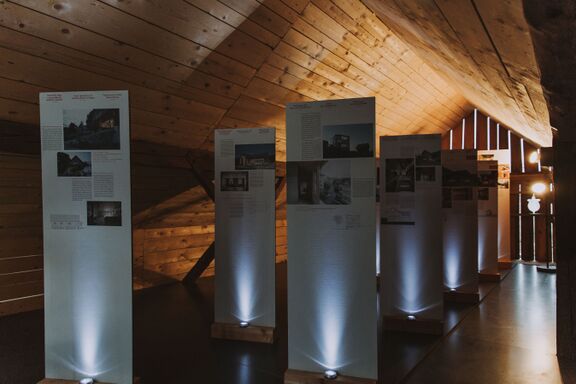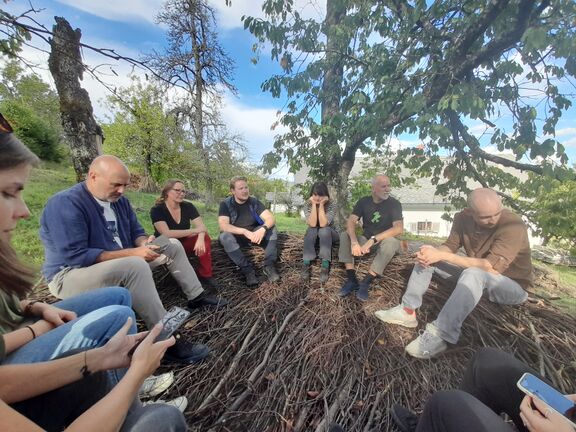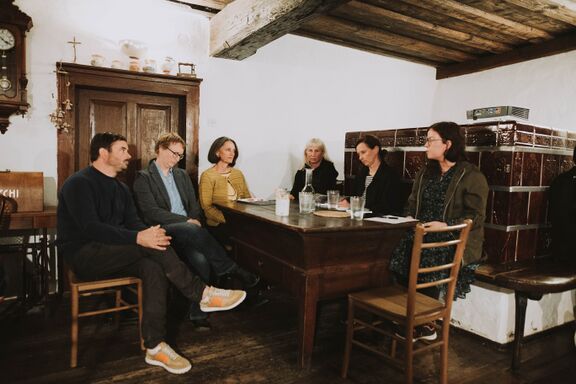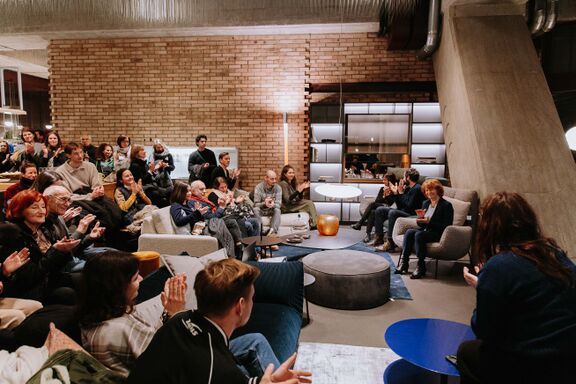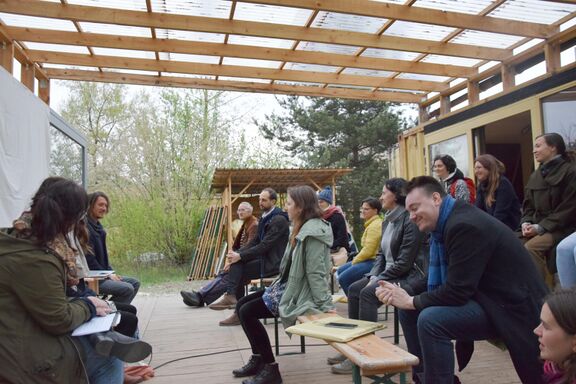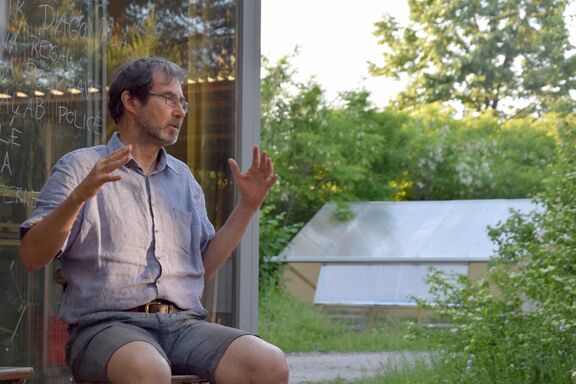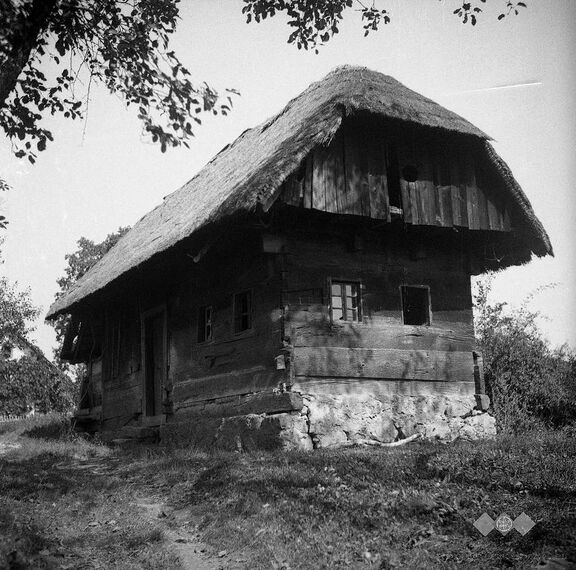Difference between revisions of "Kajža"
(Created page with "{{Article | status = NIFERTIK | maintainer = Urška Savič }} {{Infobox | name = Kajža | local name = Kajža. Stičišče za prenovo in trajnostno b...") |
|||
| (13 intermediate revisions by the same user not shown) | |||
| Line 33: | Line 33: | ||
{{Teaser | {{Teaser | ||
| − | | image = | + | | image = Kajza1.jpeg |
| | | | ||
| − | + | Kajža, a project initiated by the [[Kriterij Institute for the Development of Spatial Culture]], is dedicated to integrating cultural and architectural heritage into modern living, rural development, sustainability, and self-sufficiency. It serves as a hub for regeneration and sustainable living, bringing together experts, craftsmen, technologists, preservationists, communities, environmentalists, and more. Kajža acts as an educational tool and idea generator for sustainable lifestyles, exploring permaculture, socially responsible construction, rural revitalization, and harmonious coexistence with nature. It emphasizes the importance of respecting and cherishing architectural, cultural, and natural heritage. | |
}} | }} | ||
| + | |||
| + | ==A hub for regeneration and sustainable living== | ||
| + | Project Kajža describes itself as a hub for regeneration and sustainable living. By showcasing successful renovation projects and promoting community engagement, Kajža aims to inspire individuals to view old houses as opportunities rather than burdens. In Slovene language ''kajža'' is an expression for an old and simple house, usually positioned in a village or other remote areas. | ||
| + | |||
| + | {{Image|Stenova-kajza-grm-1950-2-99fc4d.jpg}} | ||
| + | |||
| + | The project therefore advocates for renovation in rural areas as a means to address housing challenges, while also exploring community housing practices and advocating for community renewal. Kajža provides education on renovation techniques and financing, promotes local self-sufficiency and sustainable living, and seeks systemic solutions for the resettlement and revitalization of abandoned buildings in the Slovenian countryside. Through intelligent reflection and empathy, Kajža strives to reconcile the various parameters involved, demonstrating that heritage preservation, sustainable living, and community revitalization can go hand in hand. It envisions a future where old buildings are cherished, communities thrive, and sustainable lifestyles are embraced. | ||
| + | |||
| + | {{Image|Kajza6 amadeja-smrekar.jpeg}} | ||
| + | |||
| + | ==Educational program== | ||
| + | One of Kajža's main goals is to contribute to educating people about the significance of vernacular architecture from the past. | ||
| + | |||
| + | {{Image|Kajza2.jpeg}} | ||
| + | |||
| + | The initiative follows the global trend of placing growing emphasis on the reuse of existing buildings. This practice aligns with sustainability efforts as renovation represents one of the most environmentally friendly options. In addition to maintaining an active blog on its website, Kajža regularly organizes events to raise public awareness about the importance of responsible renovation. They also provide consultancy services to support future renovators. | ||
| + | |||
| + | {{Image|Kajza8 veronika-bracic.jpeg}} | ||
| + | |||
| + | ===Kajža's consulting centre=== | ||
| + | Kajža's Consulting Centre acts as a vital bridge, facilitating connections between owners of old houses, conservators, contractors, and architects. Their comprehensive suite of services includes providing expert advice and equipping clients with essential renovation skills. Specific situations are thoroughly assessed, assisting in the development of clear renovation plans. The team conducts precise measurements, evaluates structural conditions, and facilitates collaboration with relevant professionals. Consultancy offers guidance on property queries, unexpected challenges, and connections to qualified contractors and architects. Additionally, they support communication with the [[Institute for the Protection of Cultural Heritage of Slovenia]] and ensure the preparation of necessary documentation. | ||
| + | |||
| + | {{Image|Kajza10.png}} | ||
| + | |||
==See also== | ==See also== | ||
| Line 42: | Line 66: | ||
* [[Centre for Karst Architecture]] | * [[Centre for Karst Architecture]] | ||
* [[Museum of Architecture and Design]] | * [[Museum of Architecture and Design]] | ||
| − | + | * [[Institute for the Protection of Cultural Heritage of Slovenia]] | |
| + | * [[Robida]] | ||
== External links == | == External links == | ||
* [https://kajza.si Kajža website] | * [https://kajza.si Kajža website] | ||
| + | * [https://www.e-duri.si/courses/prenova-starih-his/ Web course about renovation of old houses by Ajda Bračič] | ||
Latest revision as of 14:08, 3 July 2023
A hub for regeneration and sustainable living
Project Kajža describes itself as a hub for regeneration and sustainable living. By showcasing successful renovation projects and promoting community engagement, Kajža aims to inspire individuals to view old houses as opportunities rather than burdens. In Slovene language kajža is an expression for an old and simple house, usually positioned in a village or other remote areas.
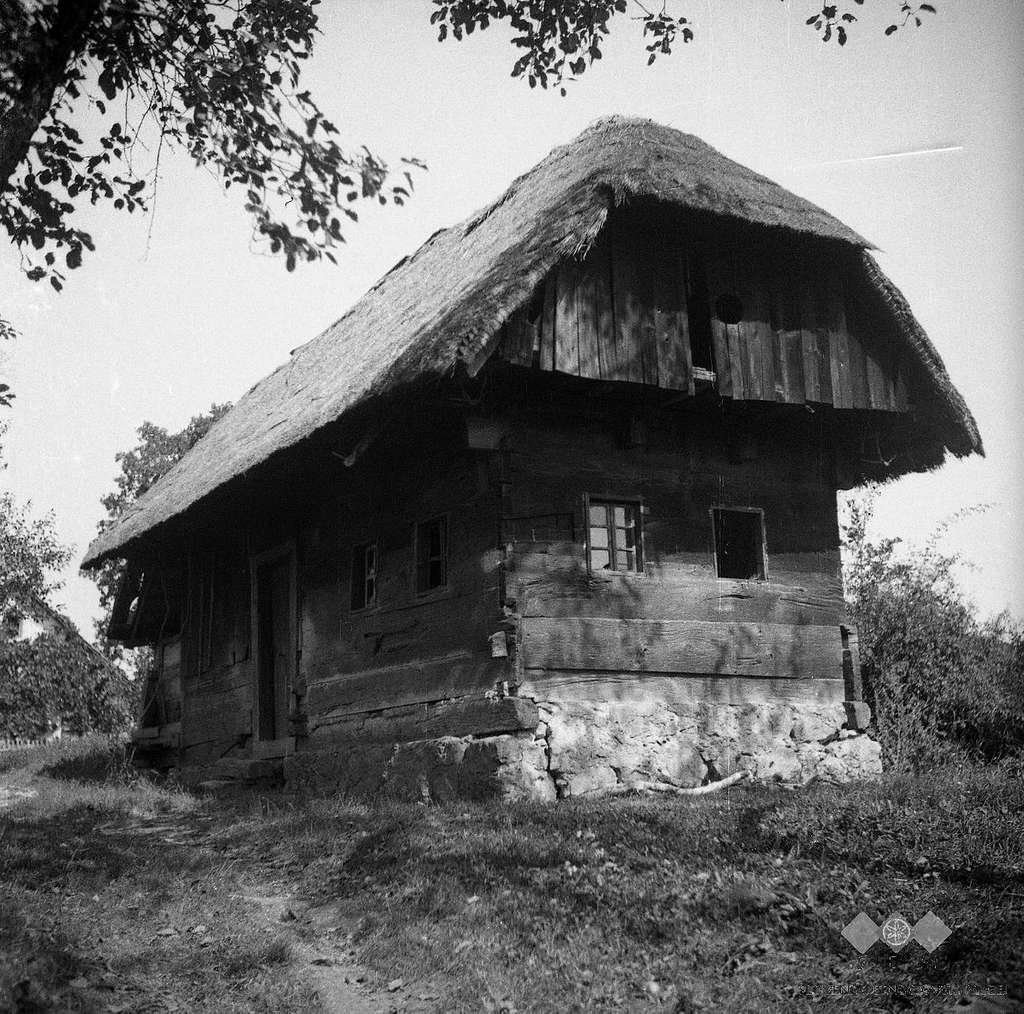 Štenova kajža, Grm, 1950. From the collection of Slovenian Ethnographic Museum
Štenova kajža, Grm, 1950. From the collection of Slovenian Ethnographic Museum
The project therefore advocates for renovation in rural areas as a means to address housing challenges, while also exploring community housing practices and advocating for community renewal. Kajža provides education on renovation techniques and financing, promotes local self-sufficiency and sustainable living, and seeks systemic solutions for the resettlement and revitalization of abandoned buildings in the Slovenian countryside. Through intelligent reflection and empathy, Kajža strives to reconcile the various parameters involved, demonstrating that heritage preservation, sustainable living, and community revitalization can go hand in hand. It envisions a future where old buildings are cherished, communities thrive, and sustainable lifestyles are embraced.
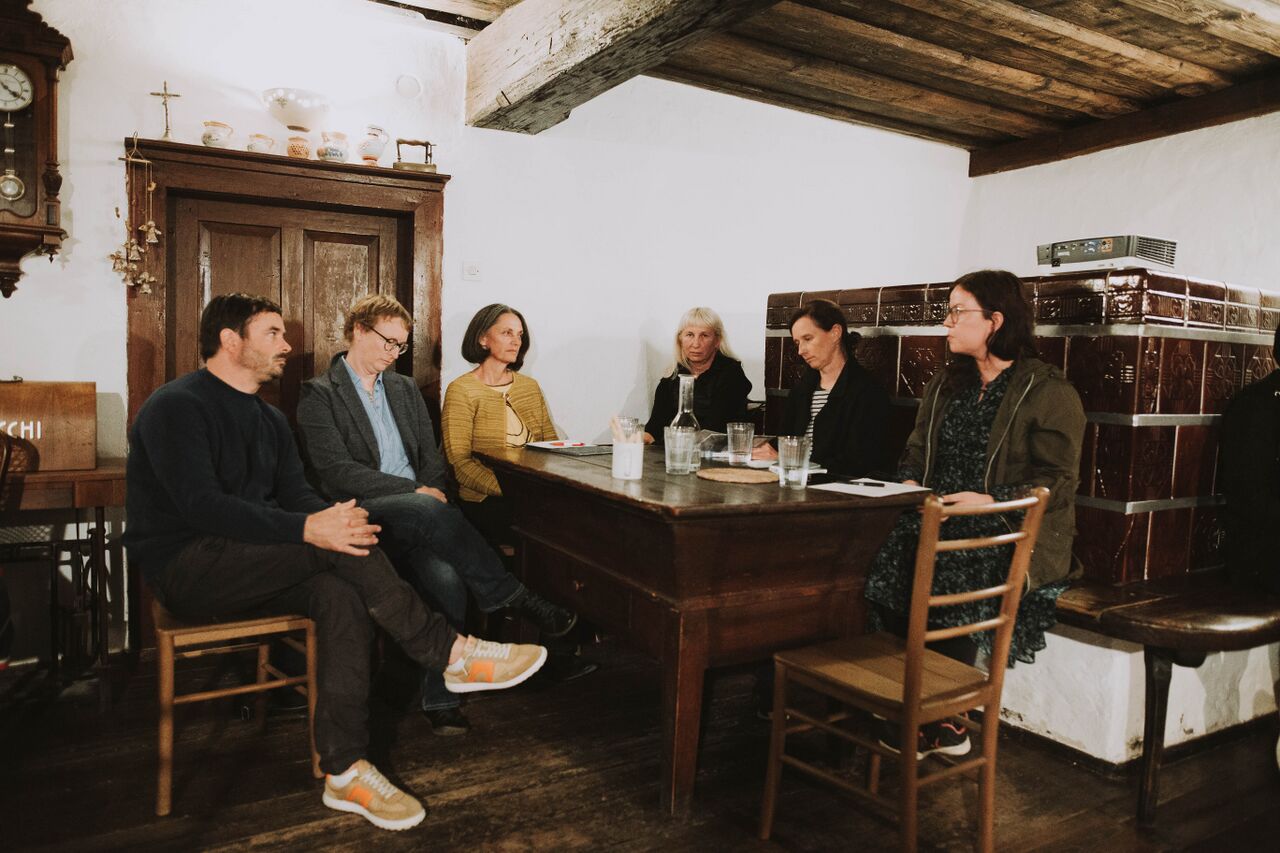 Living in the Alps roundtable to discuss options for revitalising the Alpine countryside
Living in the Alps roundtable to discuss options for revitalising the Alpine countryside
Educational program
One of Kajža's main goals is to contribute to educating people about the significance of vernacular architecture from the past.
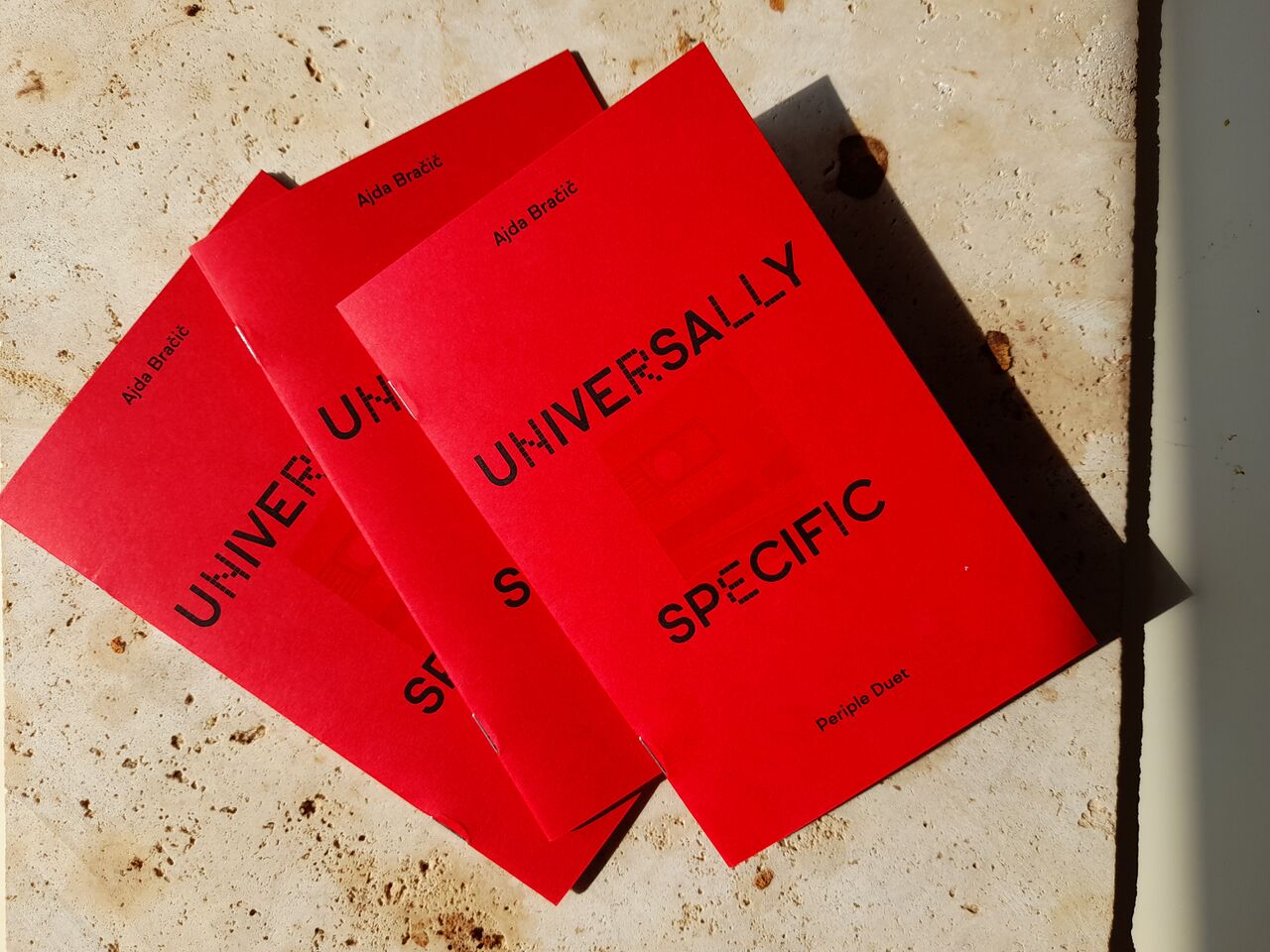 The booklet Universally Specific is a series of reflections on vernacular architecture, created during a train journey from Ljubljana to Lisbon.
The booklet Universally Specific is a series of reflections on vernacular architecture, created during a train journey from Ljubljana to Lisbon.
The initiative follows the global trend of placing growing emphasis on the reuse of existing buildings. This practice aligns with sustainability efforts as renovation represents one of the most environmentally friendly options. In addition to maintaining an active blog on its website, Kajža regularly organizes events to raise public awareness about the importance of responsible renovation. They also provide consultancy services to support future renovators.
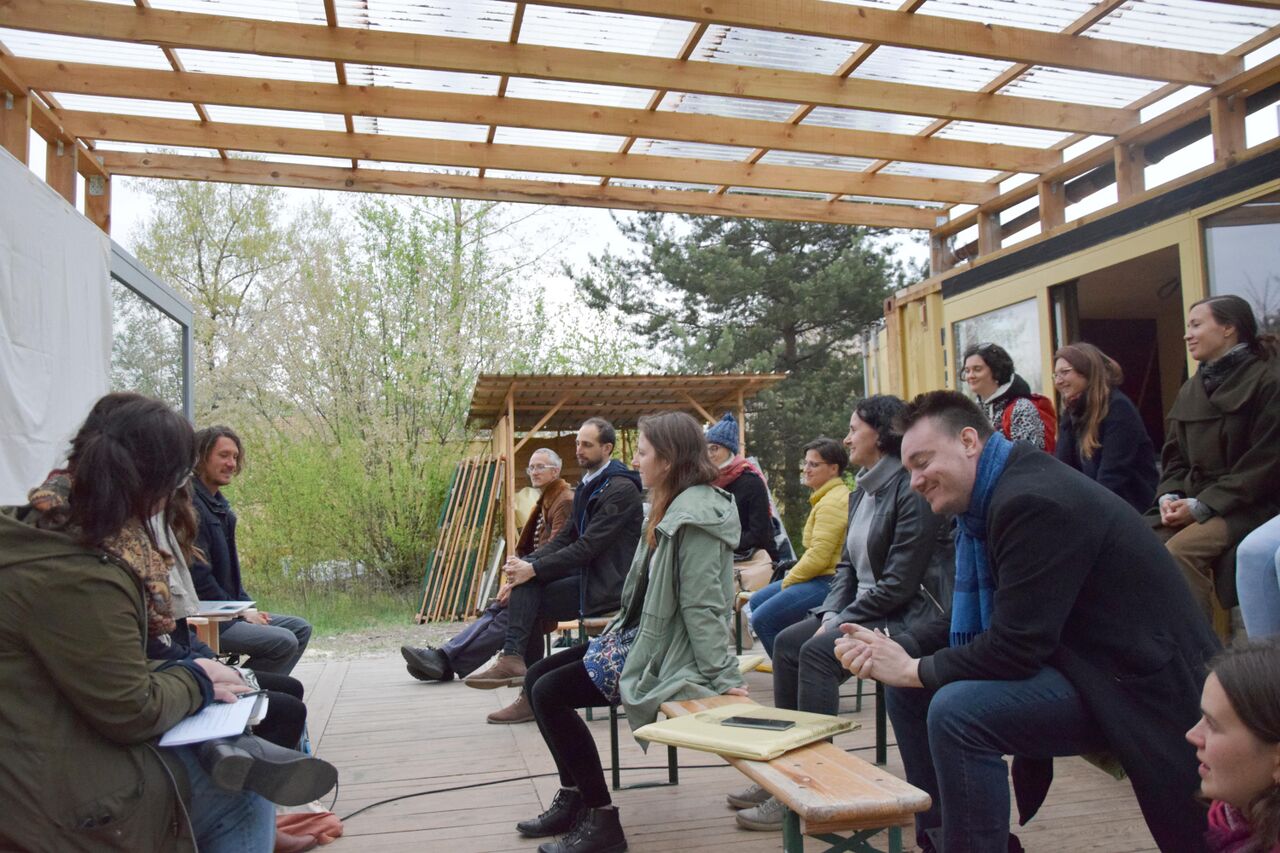 Discussion on coexistence in Krater space in Ljubljana.
Discussion on coexistence in Krater space in Ljubljana.
Kajža's consulting centre
Kajža's Consulting Centre acts as a vital bridge, facilitating connections between owners of old houses, conservators, contractors, and architects. Their comprehensive suite of services includes providing expert advice and equipping clients with essential renovation skills. Specific situations are thoroughly assessed, assisting in the development of clear renovation plans. The team conducts precise measurements, evaluates structural conditions, and facilitates collaboration with relevant professionals. Consultancy offers guidance on property queries, unexpected challenges, and connections to qualified contractors and architects. Additionally, they support communication with the Institute for the Protection of Cultural Heritage of Slovenia and ensure the preparation of necessary documentation.
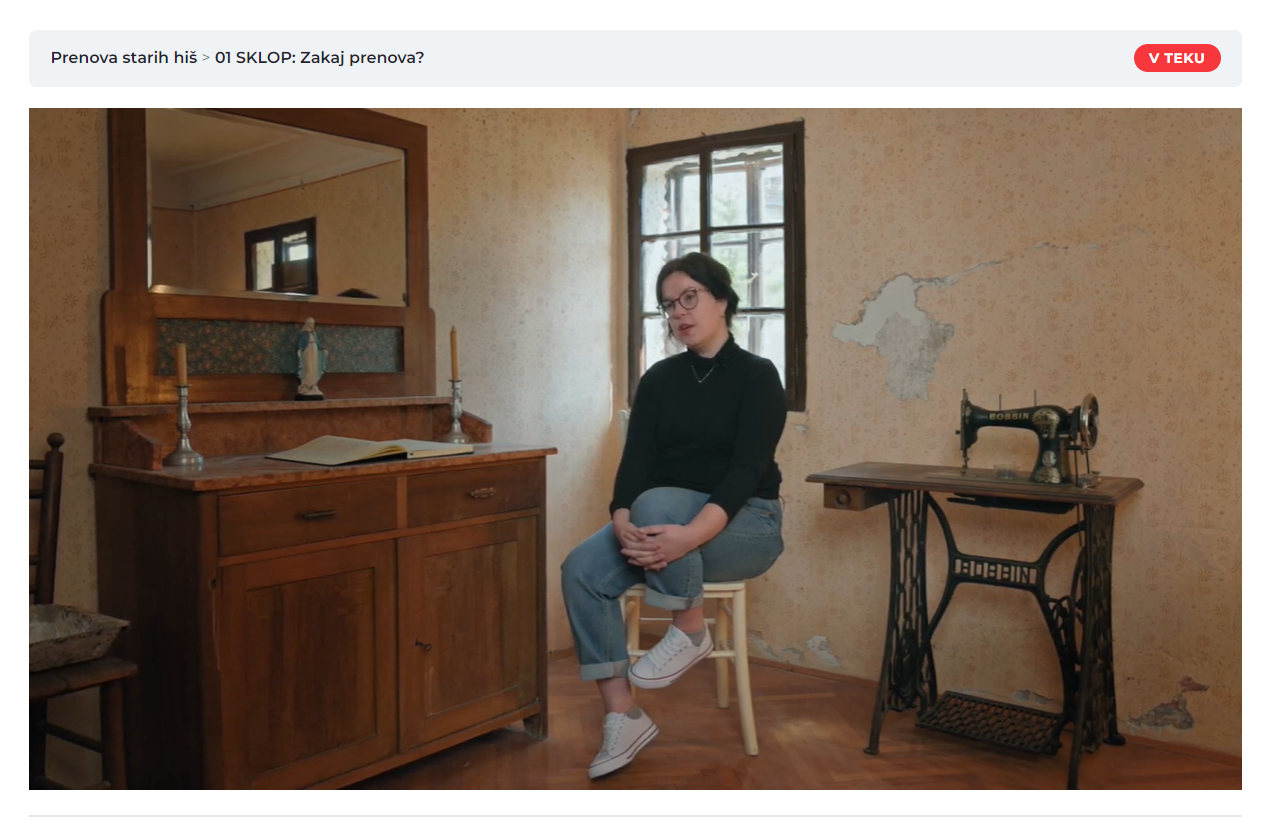 In cooperation between Kajža and ID20 Institute from Idrija, an online course on renovating old houses was designed in 2022, which introduces beginners to the basics and outlines the first steps in renovating an old house.
In cooperation between Kajža and ID20 Institute from Idrija, an online course on renovating old houses was designed in 2022, which introduces beginners to the basics and outlines the first steps in renovating an old house.
See also
- Center for Architecture Slovenia
- Centre for Karst Architecture
- Museum of Architecture and Design
- Institute for the Protection of Cultural Heritage of Slovenia
- Robida
External links




